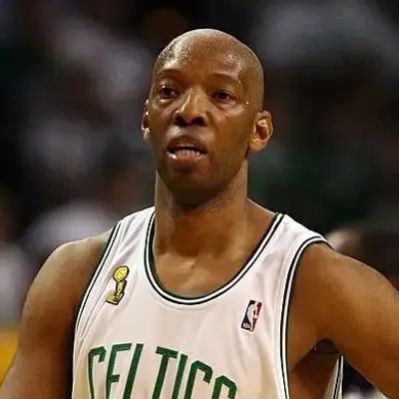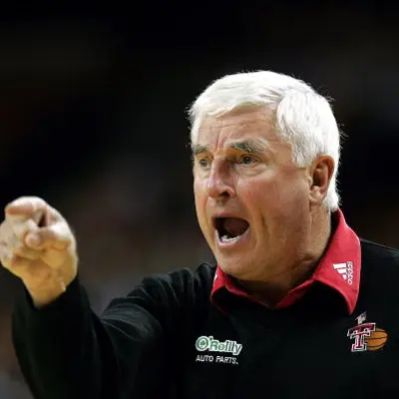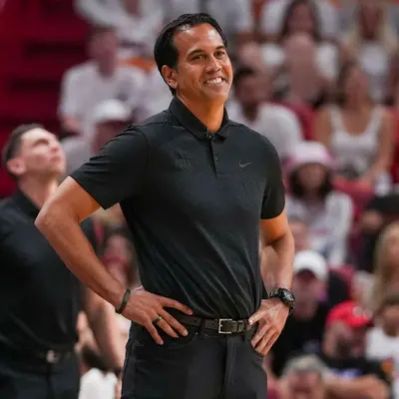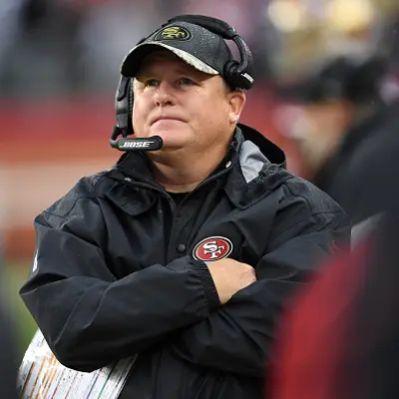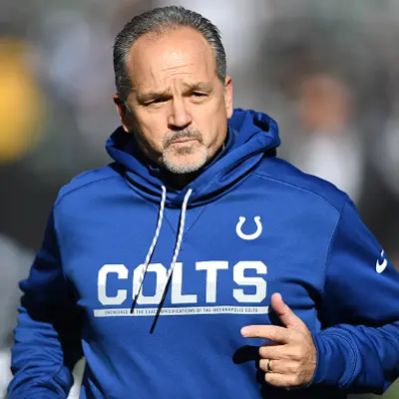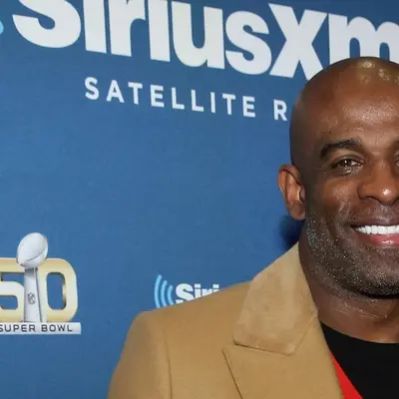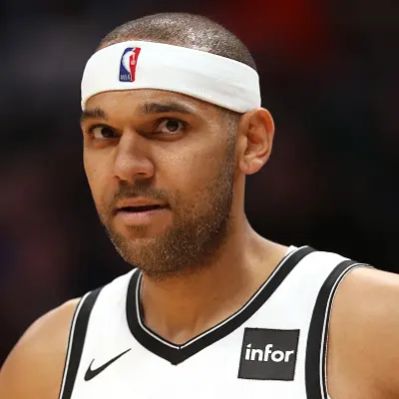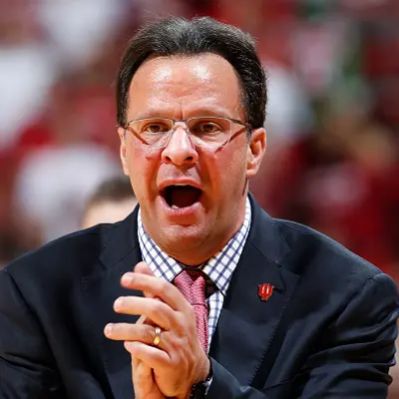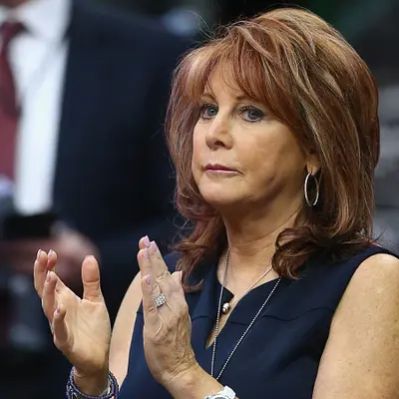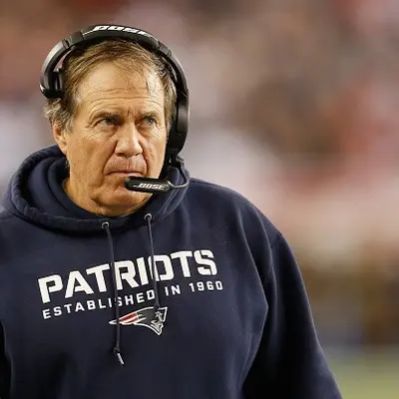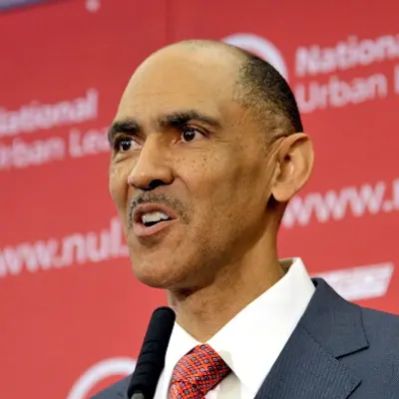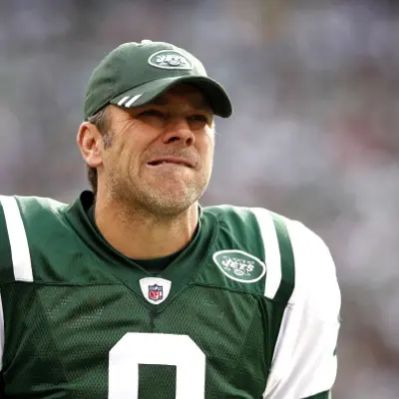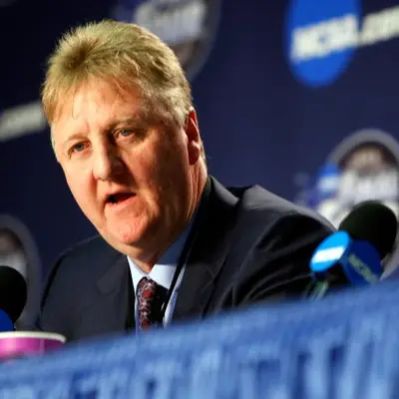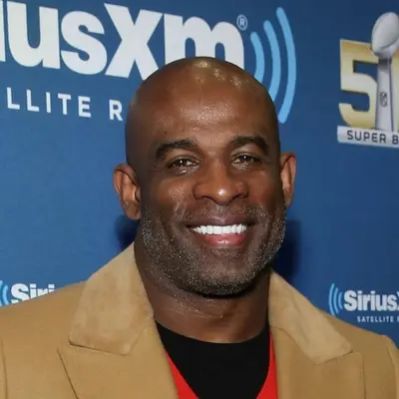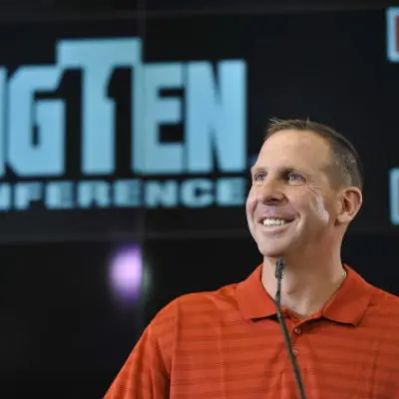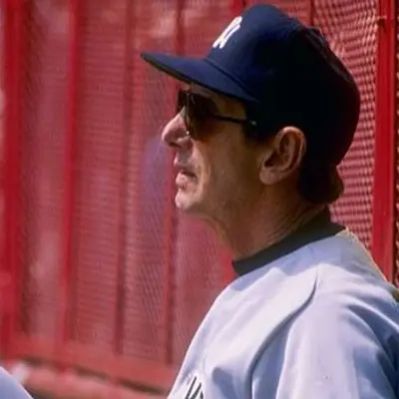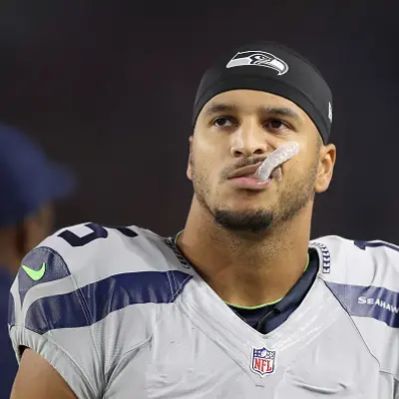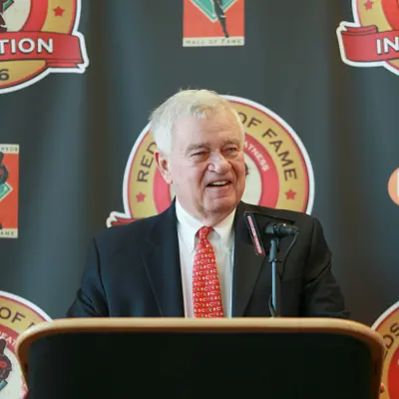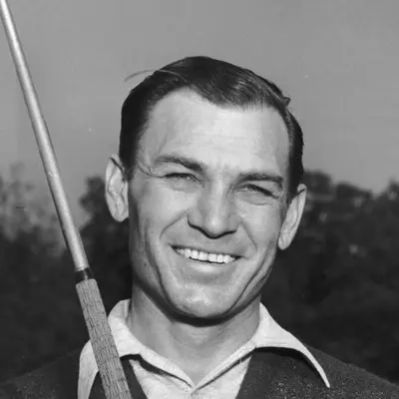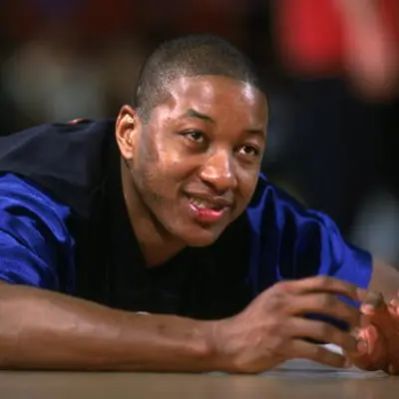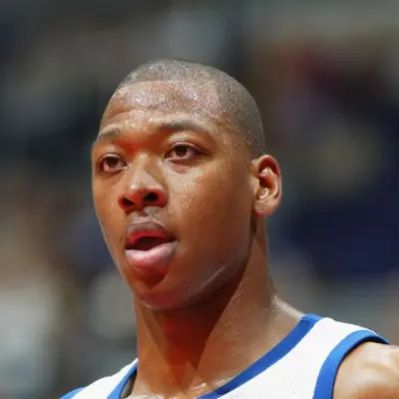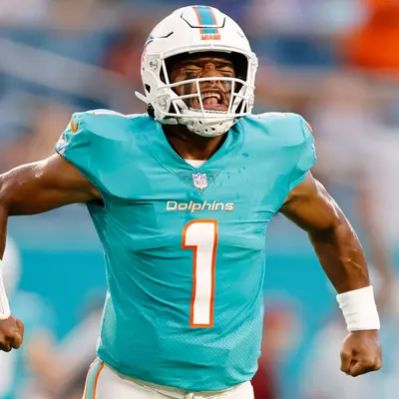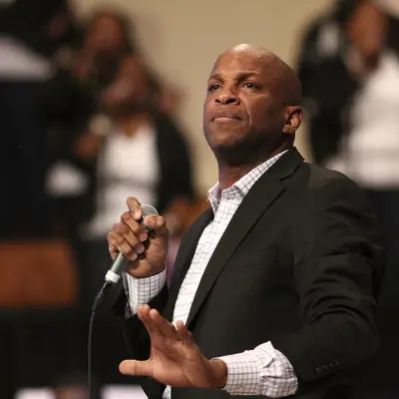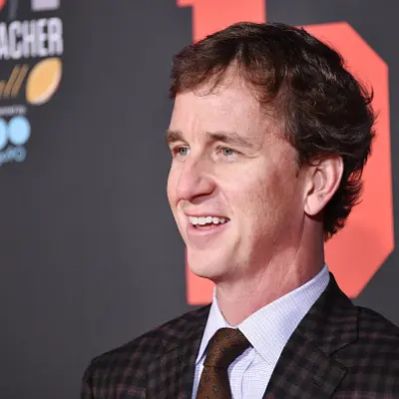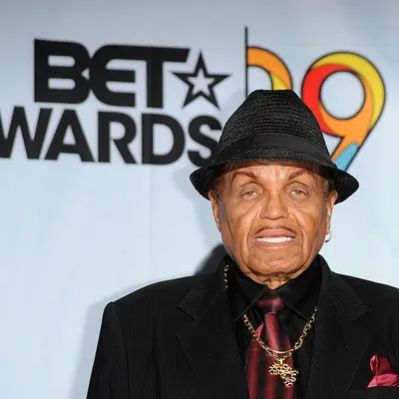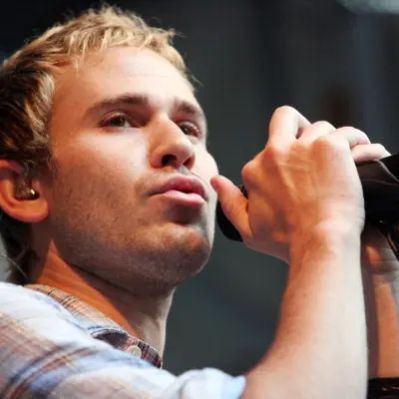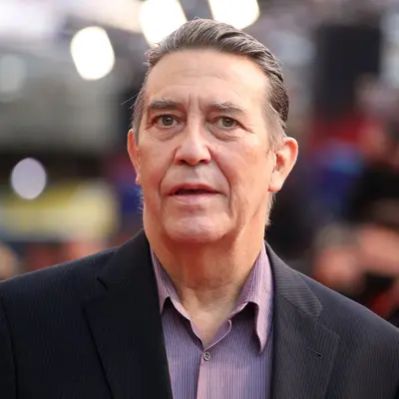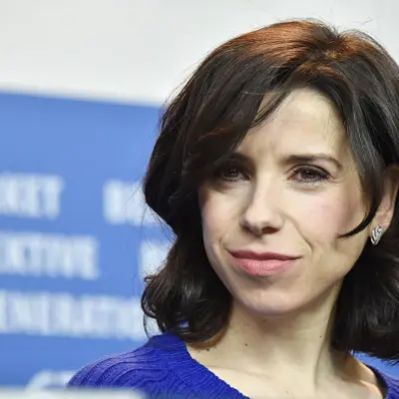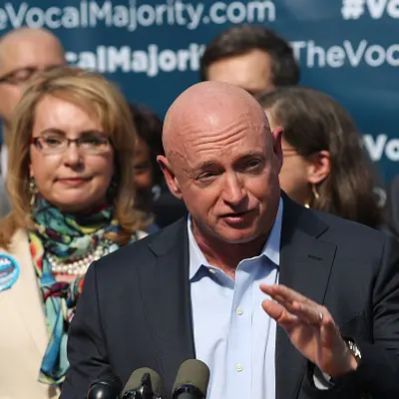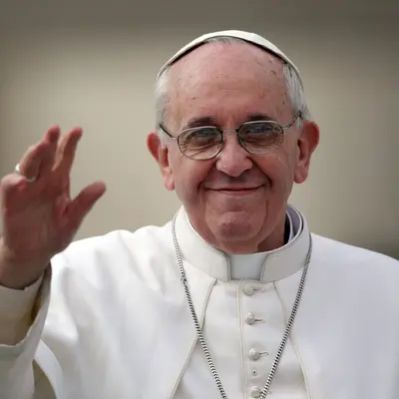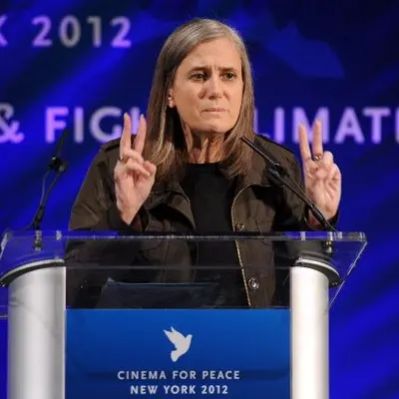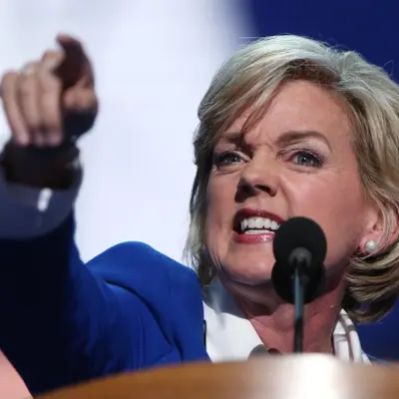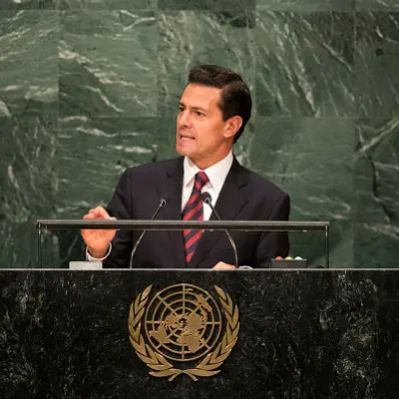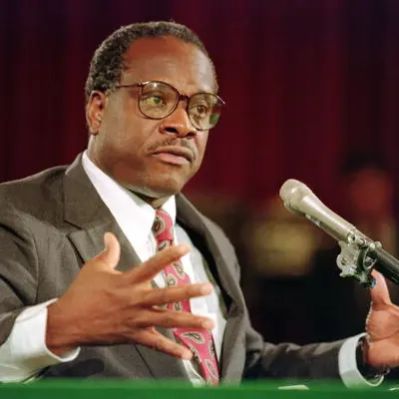What Is Sam Cassell’s Net Worth?
Sam Cassell, a well-regarded figure in the basketball world as both a former player and current assistant coach, has accumulated a substantial net worth of $23 million. This financial achievement is primarily attributed to his successful 15-year NBA career, where his earnings from NBA salaries alone reached $58 million. His financial stability is a testament to his skill and dedication on the court, transitioning into a respected coaching role with the Boston Celtics.
Sam Cassell’s NBA Career Earnings
Cassell’s $58 million in NBA career earnings were amassed over 15 seasons, playing for eight different teams. His contracts with each team varied, reflecting his performance and market value at the time. While specific details of each contract are not fully public, it’s known that veteran players like Cassell often negotiate contracts that include base salaries, performance bonuses, and other incentives.
During his time with the Milwaukee Bucks and the Minnesota Timberwolves, Cassell’s contracts likely reflected his role as a key player and leader, especially during the Timberwolves’ successful 2003-04 season. His contributions to the Los Angeles Clippers, leading them to their most successful season at the time, would have also factored into his compensation.
Specific details of each contract are not available, but it is safe to say that Cassell’s salary was commensurate with his performance and role on each team. Contracts in the NBA are complex and can include incentives based on individual performance, team success, and other factors.
Early Life and Collegiate Career
Born on November 18, 1969, in Baltimore, Maryland, Sam Cassell’s journey to the NBA began at Paul Lawrence Dunbar Community High School. Following high school, he spent a year at Maine Central Institute in Pittsfield, Maine. Although recruited by DePaul University, academic ineligibility led him to San Jacinto College in Houston, Texas. There, he established himself as a prominent scorer. He then transferred to Florida State University for his junior and senior years, averaging 18.3 points and 4.9 assists as a senior, helping the Seminoles reach the Elite Eight of the NCAA tournament.
NBA Career: Houston Rockets to Boston Celtics
Drafted by the Houston Rockets in 1993, Cassell played a significant role in their 1994 and 1995 NBA championship victories. After three seasons with the Rockets, he was traded to the Phoenix Suns, where he played 22 games, averaging 14.8 points per game.
He was then traded to the Dallas Mavericks, appearing in just 16 games before being traded again to the New Jersey Nets midway through the 1996-97 season. He re-signed with the Nets on a six-year contract and had a strong 1997-98 season, averaging 19.6 points per game.
In March 1999, Cassell was traded to the Milwaukee Bucks, where he experienced some of his best career seasons, leading the Bucks to the Eastern Conference Finals in 2001. During the 2002-03 season, he surpassed 10,000 career points and recorded a triple-double in a double-overtime win against the Cleveland Cavaliers.
After four seasons with the Bucks, Cassell was traded to the Minnesota Timberwolves, where he had his best statistical season in 2003-04, averaging 19.8 points and 7.3 assists per game. He helped the Timberwolves reach the Western Conference Finals, where they lost to the Los Angeles Lakers. In 2005, Cassell was traded to the Los Angeles Clippers, leading the team to its most successful season, including its first playoff series win since 1978. He concluded his NBA career with the Boston Celtics in 2008, winning his third NBA championship. While specific financial details of his contracts with each team are not available, it’s clear that his performance and contributions led to lucrative opportunities throughout his playing career.
Coaching Career and Earnings
Post-retirement, Sam Cassell transitioned into coaching, serving as an assistant coach for the Washington Wizards (2009-2014), Los Angeles Clippers (2014-2020), Philadelphia 76ers (2020-2023), and currently, the Boston Celtics. While assistant coaching salaries are not widely publicized, they typically range from $500,000 to $1 million per year, depending on experience, team budget, and responsibilities. His earnings as an assistant coach contribute to his overall net worth.
Assistant coaches in the NBA are vital to team strategy and player development. Their roles are compensated based on their experience, the team’s financial resources, and their specific responsibilities. While exact salary figures for Cassell’s coaching roles are not public, it is estimated that his earnings have consistently added to his financial stability.
Specific figures for his coaching salaries are not released to the public, but it is known that NBA assistant coaches can earn substantial incomes. Given Cassell’s extensive experience and the high-profile nature of the teams he has coached for, his coaching income is a significant contributor to his financial profile.
Financial Investments and Assets
While detailed information about Sam Cassell’s specific investments and assets is not publicly available, it is common for professional athletes to diversify their income through investments in real estate, stocks, and other business ventures. Prudent financial management and strategic investments are essential for maintaining and growing wealth after a playing career ends. It’s plausible that Cassell has invested in various opportunities, leveraging his earnings to secure his financial future.
Many NBA players engage in real estate investments, purchasing properties for rental income or long-term appreciation. Cassell may own residential or commercial properties, contributing to his overall asset portfolio. Stock market investments are also common, providing potential for growth and dividends.
Additionally, some athletes invest in business ventures, either independently or in partnership with others. These investments can range from restaurants and retail stores to technology startups and entertainment companies. While the specific details of Cassell’s investments are not known, it’s reasonable to assume that he has diversified his assets to ensure long-term financial security.
Endorsements and Sponsorships
During his NBA career, Sam Cassell likely earned additional income through endorsements and sponsorships. While the specific brands and amounts are not publicly available, it is common for NBA players to partner with athletic apparel companies, sports drink brands, and other products. Endorsement deals can provide significant financial boosts, complementing a player’s salary. These deals typically involve promoting products through advertisements, appearances, and social media.
Endorsement earnings vary widely based on a player’s popularity, marketability, and on-court performance. High-profile players can command substantial fees for endorsement deals, while others may have smaller, more localized partnerships. Regardless of the specific amounts, endorsements contribute to a player’s overall income stream and can enhance their net worth.
While detailed information on Cassell’s endorsement deals is not public, it is a standard practice for NBA players to leverage their fame and success for endorsement opportunities. These deals contribute to their overall financial well-being and provide additional income beyond their playing salaries.
Lifestyle and Spending Habits
Information on Sam Cassell’s specific lifestyle and spending habits is not publicly detailed. However, it can be inferred that his financial resources allow for a comfortable lifestyle. NBA players often invest in luxury items such as high-end vehicles, designer clothing, and exclusive travel experiences. Managing wealth effectively is crucial for maintaining a desired lifestyle and ensuring long-term financial security.
Many professional athletes engage in philanthropic activities, donating to charitable causes and supporting community initiatives. Cassell may be involved in philanthropic endeavors, contributing to causes he is passionate about. These activities not only benefit society but also reflect positively on an individual’s public image.
While specific details on Cassell’s spending habits are not available, it is likely that he enjoys a comfortable lifestyle commensurate with his earnings. Prudent financial planning and responsible spending are essential for sustaining a desired lifestyle and ensuring financial stability in the long term.
Real Estate Holdings
Specific details regarding Sam Cassell’s real estate holdings are not publicly available. However, it is common for professional athletes to invest in real estate as a means of diversifying their assets and generating income. Real estate holdings can include residential properties, commercial buildings, and investment properties. These assets can provide rental income, appreciate in value over time, and serve as a hedge against inflation.
Many athletes choose to invest in properties in the cities where they play or in areas with strong real estate markets. These investments can provide a steady stream of income and contribute to their overall financial portfolio. While the specifics of Cassell’s real estate investments are unknown, it is reasonable to assume that he has considered real estate as part of his overall financial strategy.
Real estate investments can range from single-family homes to large-scale commercial developments. The type of property an athlete chooses to invest in depends on their financial goals, risk tolerance, and investment strategy. While the details of Cassell’s real estate holdings are not public, it is a common investment strategy for individuals with significant financial resources.
Vehicles and Personal Assets
Information on Sam Cassell’s specific vehicle collection and personal assets is not publicly available. However, it is typical for individuals with substantial wealth to own high-end vehicles and other valuable assets. Luxury vehicles can range from sports cars to SUVs, depending on personal preferences and lifestyle. Personal assets can include jewelry, artwork, and other collectibles.
Many athletes choose to invest in assets that reflect their personal interests and passions. These assets can provide enjoyment and potentially appreciate in value over time. While the specifics of Cassell’s vehicle collection and personal assets are unknown, it is likely that he owns items that reflect his personal tastes and preferences.
Vehicle collections and personal assets can range in value from a few thousand dollars to millions of dollars. The type of assets an individual chooses to acquire depends on their financial resources, personal interests, and investment strategy. While the details of Cassell’s vehicle collection and personal assets are not public, it is a common aspect of wealth management for individuals with significant financial resources.
Net Worth Growth Over Time
While a year-by-year breakdown of Sam Cassell’s net worth growth is not publicly available, it can be inferred that his wealth has grown substantially throughout his NBA career and subsequent coaching career. His $58 million in NBA salary provided a solid foundation for building wealth, and his continued earnings as an assistant coach have contributed to his financial stability. Prudent financial management and strategic investments likely played a role in maximizing his net worth over time.
During his peak playing years, Cassell likely saw significant increases in his net worth due to high salaries and endorsement opportunities. As he transitioned into coaching, his earnings may have stabilized, but his continued income and investment gains likely contributed to sustained growth. Wealth accumulation is a long-term process that requires careful planning and execution.
While the specific details of Cassell’s net worth growth are not public, it is reasonable to assume that he has experienced significant financial growth throughout his career. His success on the court and his continued involvement in the basketball world have positioned him for long-term financial success. His estimated net worth of $23 million is a testament to his financial acumen and career achievements.
 Net Worth Ranker
Net Worth Ranker
